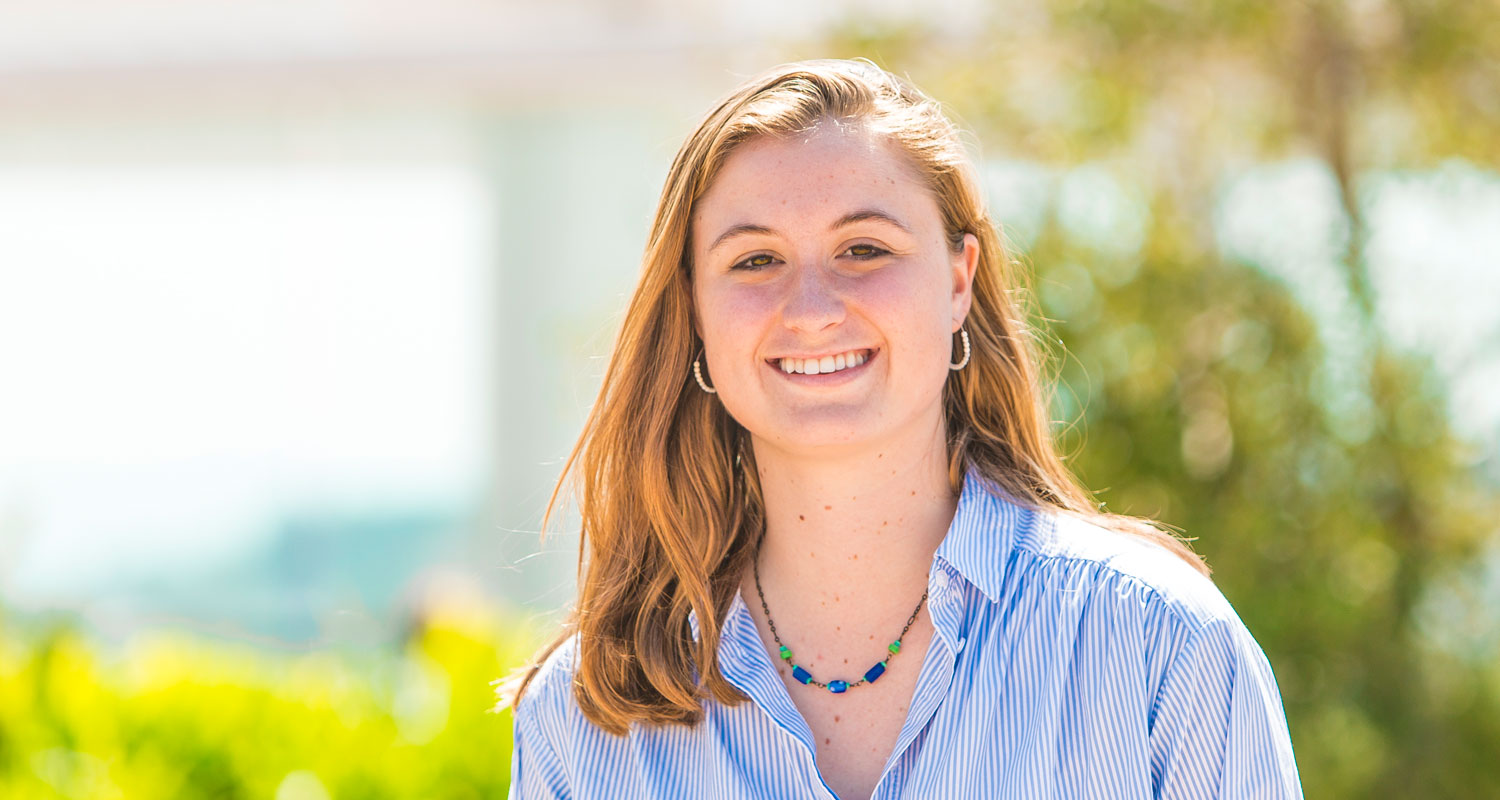
Lili Ramos ’22, ’26, a doctoral student in John Jay’s clinical psychology program, was one of only two CUNY students to win a National Science Foundation Graduate Research Fellowship, which will support her research on challenges adolescents face while on probation and how it impacts their success. “Through this research, we hope to learn what specific probation requirements and circumstances contribute to violations for adolescences,” says Ramos, who will work closely with her mentor, Assistant Professor Emily Haney-Caron, Ph.D., on the project.
What drew you to research the juvenile legal system?
The juvenile legal system fails to capture what we know about adolescent development and experiences. My motivation comes from recognizing how much of a disservice we are doing to kids by not having policies and practices that reflect their actual experiences. There’s a lot of room for change.
Why is probation such a problematic area for juveniles?
Most adolescents who are charged in delinquency cases are placed on probation. When adolescents are on probation, they’re tasked with completing different mandates, up to 30 different tasks, including drug testing, curfew, and school attendance. That’s a ton of things a teenager has to keep track of to meet their probation requirements. Based on what we know about adolescent development, this can be especially hard. Brain and behavioral research shows that adolescents are still forming their decision-making abilities. So, adolescents are more likely to act based on immediate gratification, the immediacy of the reward, and on impulse. They’re less likely to consider the long-term consequences of their actions.
What can you tell us about your research project?
We’re creating a model that captures different factors that could go into the adolescence experience on probation. We’re looking at three different domains: the youth, the parents and family environment, and the neighborhood. It’s a survey-based study where we’ll be recruiting adolescents and caregivers. We want to center their voices and hear about their experiences with probation and the factors that contributed to their obstacles.
What are some of the questions you’ll be asking?
We’ll be asking adolescents about their experiences with mental health, substance abuse, and emotional wellbeing. For the parents or caregivers, we’ll be asking about their own experiences with mental health and substance use, recognizing that their experience could impact their ability to support the adolescent on probation. We’ll also factor in parenting practices and family functioning, which we know impacts adolescent behavior.
What policy changes would you like to see?
There needs to be a reduction in probation periods to keep fewer kids involved in the system. We need a greater effort toward diversion programs so kids are not on probation in the first place, and generally greater support for families and their children. We see a really high rate of mental health problems with kids and parents who are involved with juvenile probation, so increasing support and access to resources will have a huge impact.



